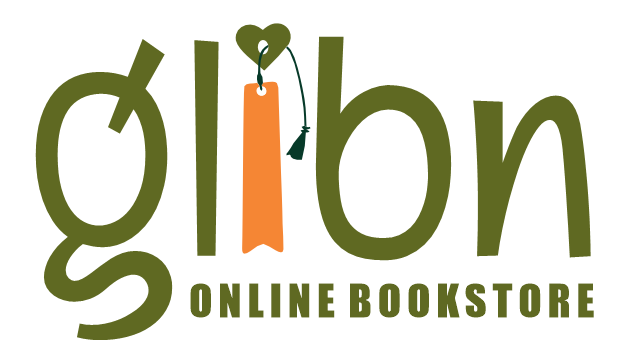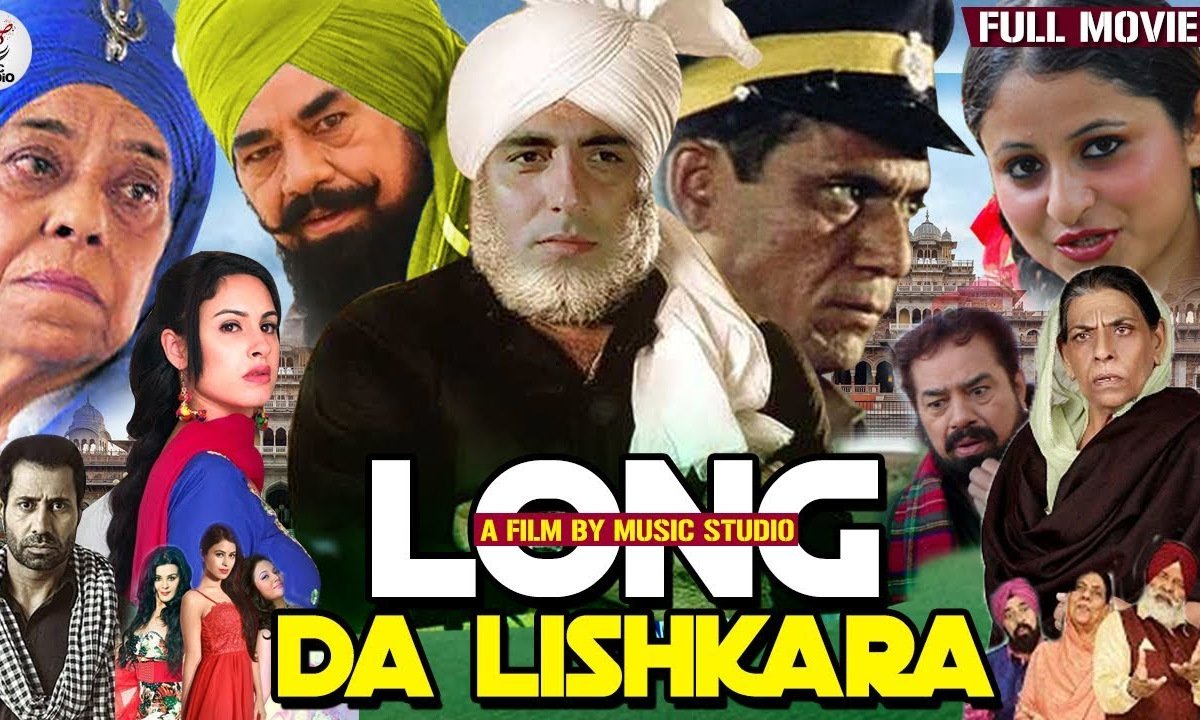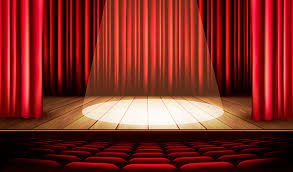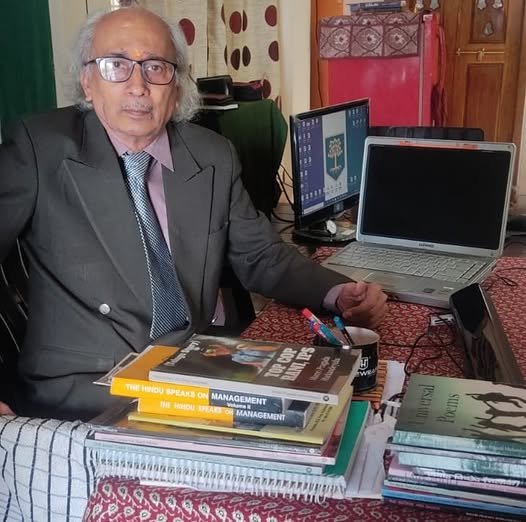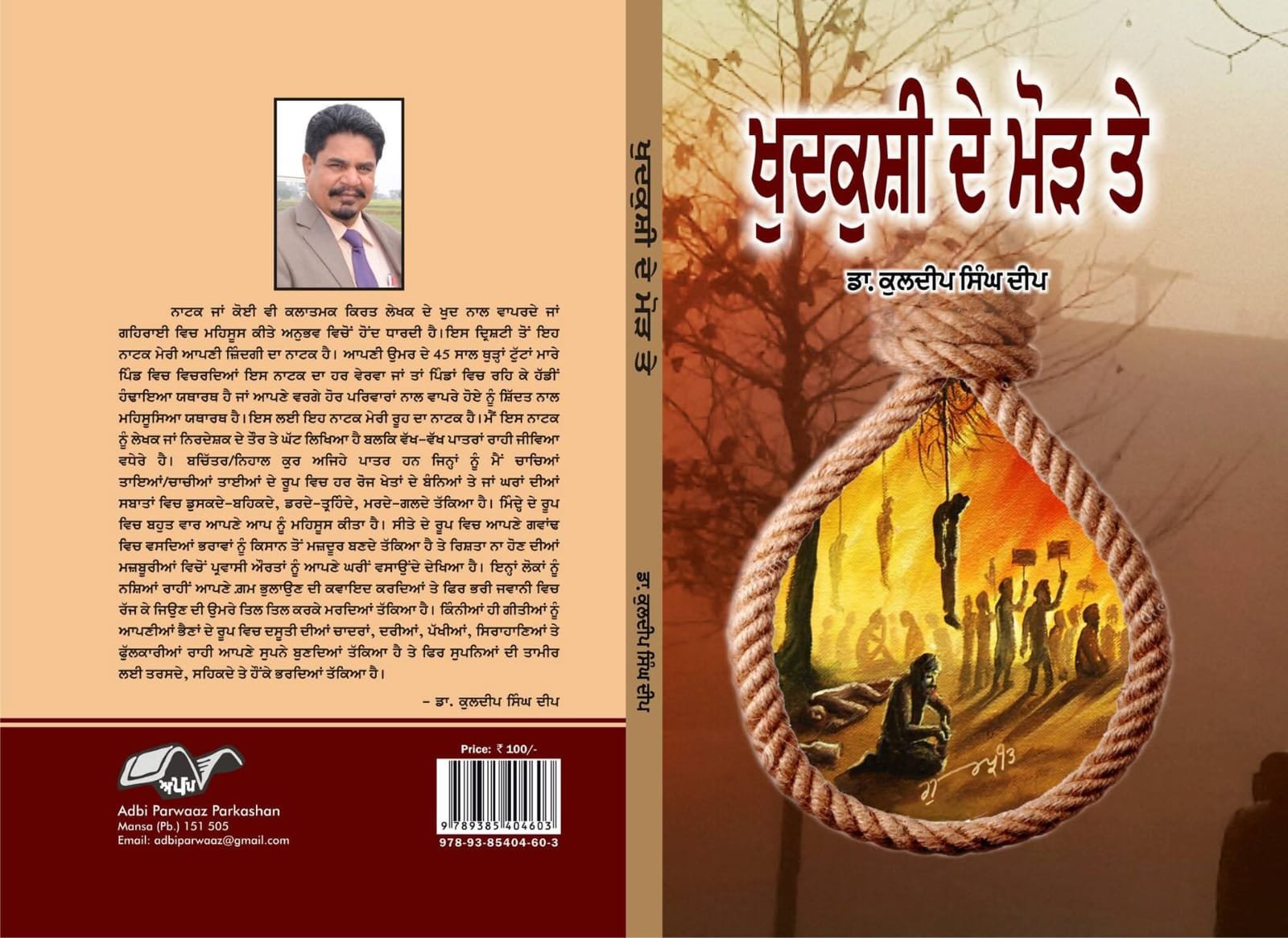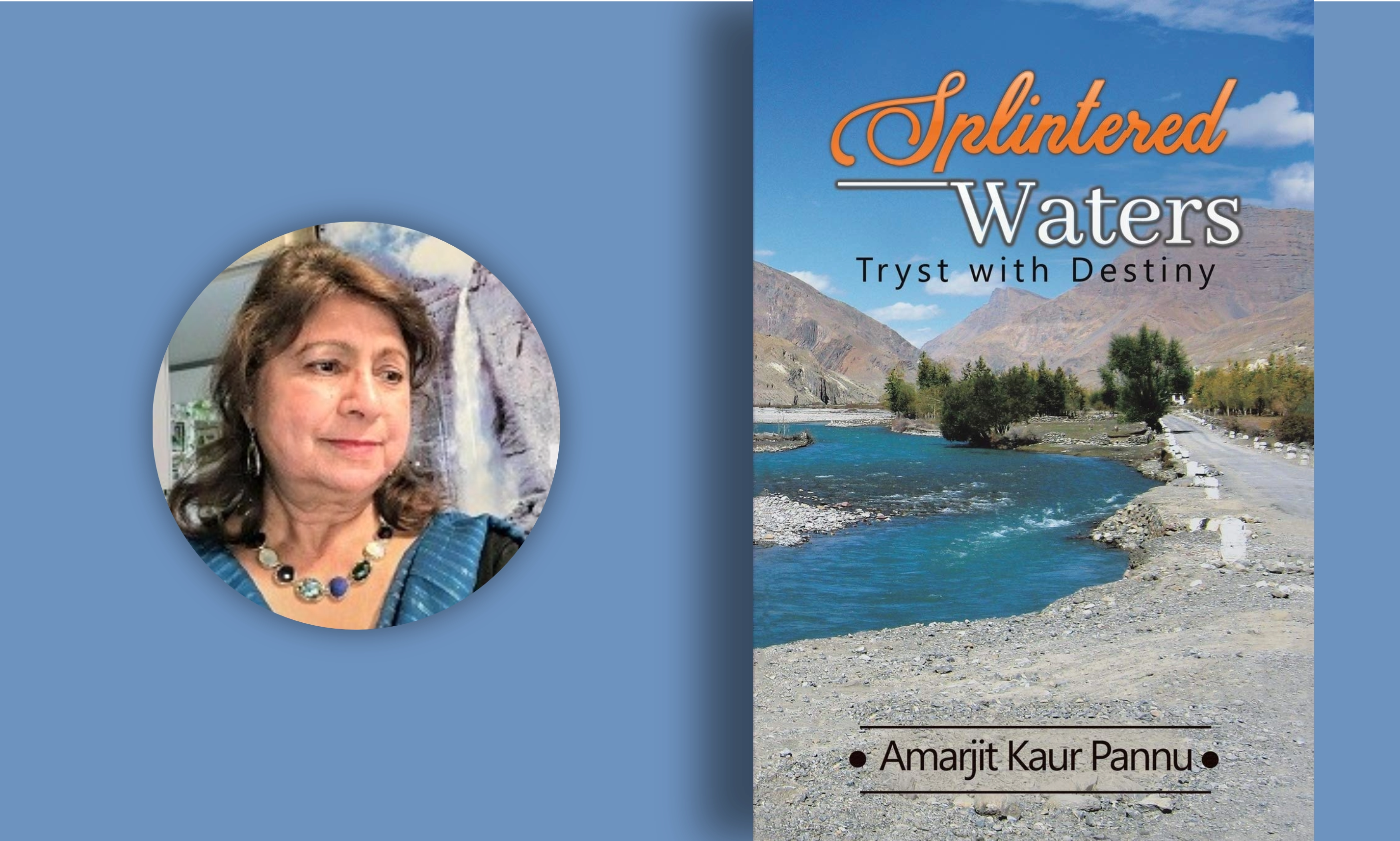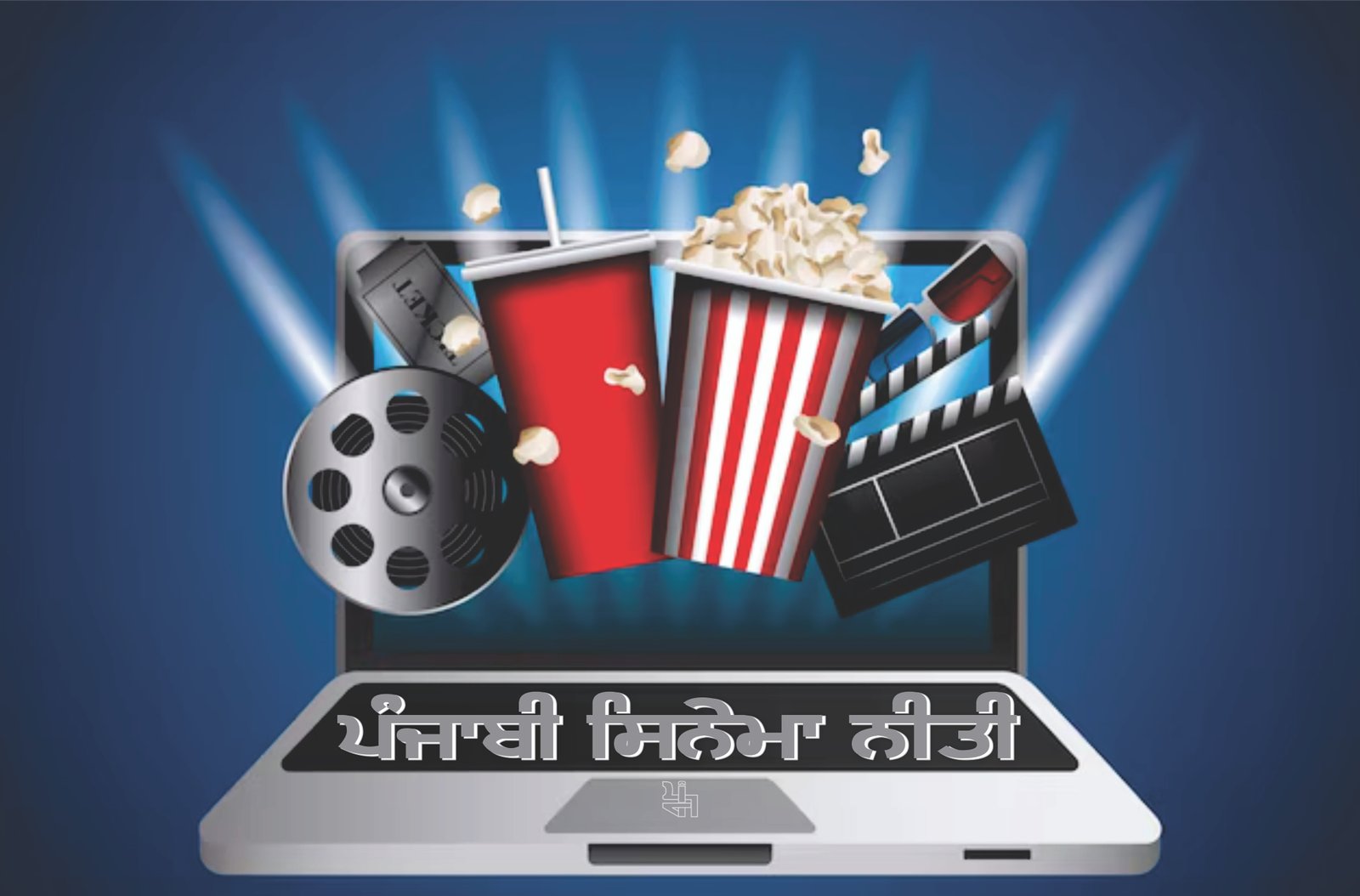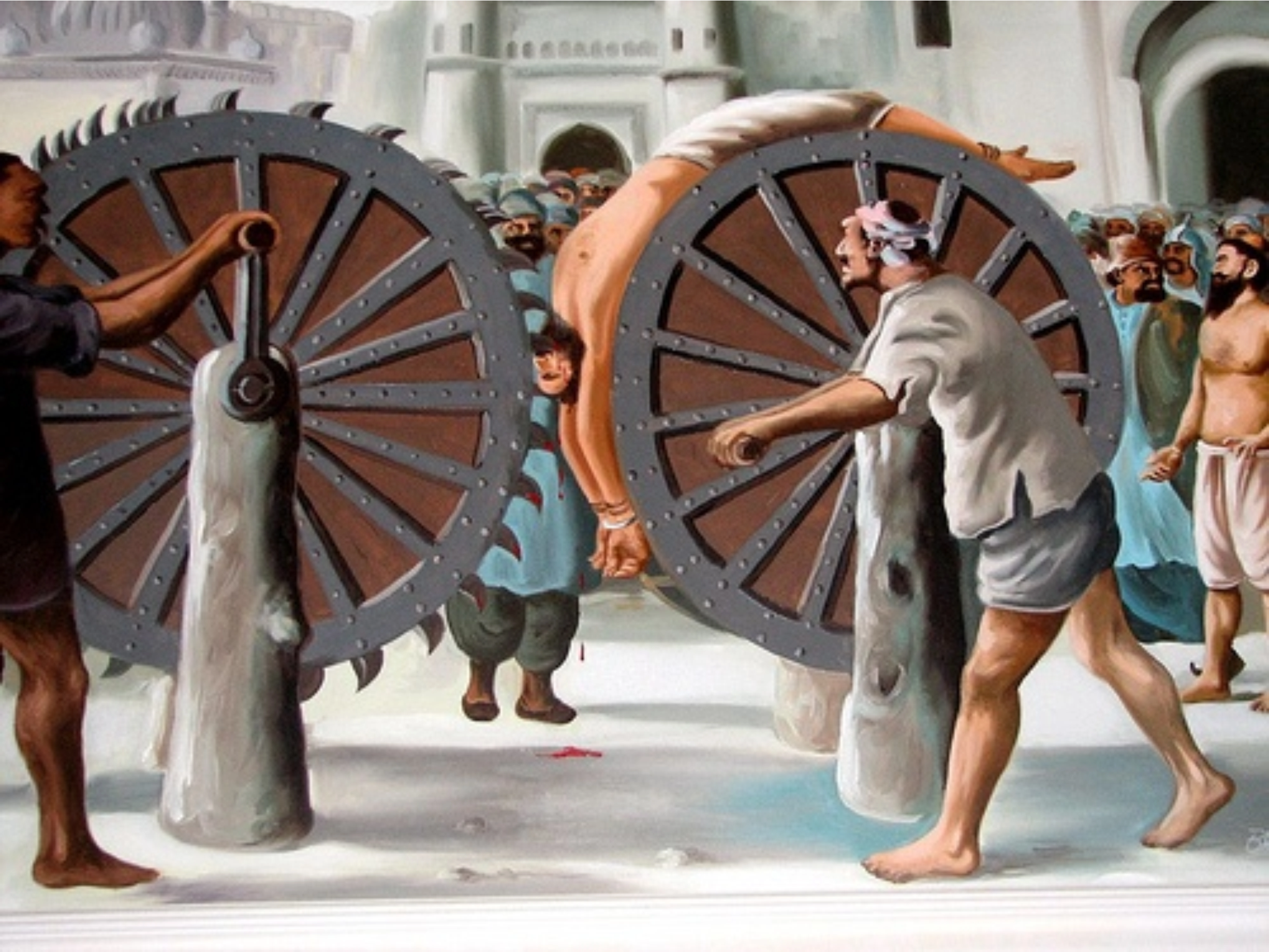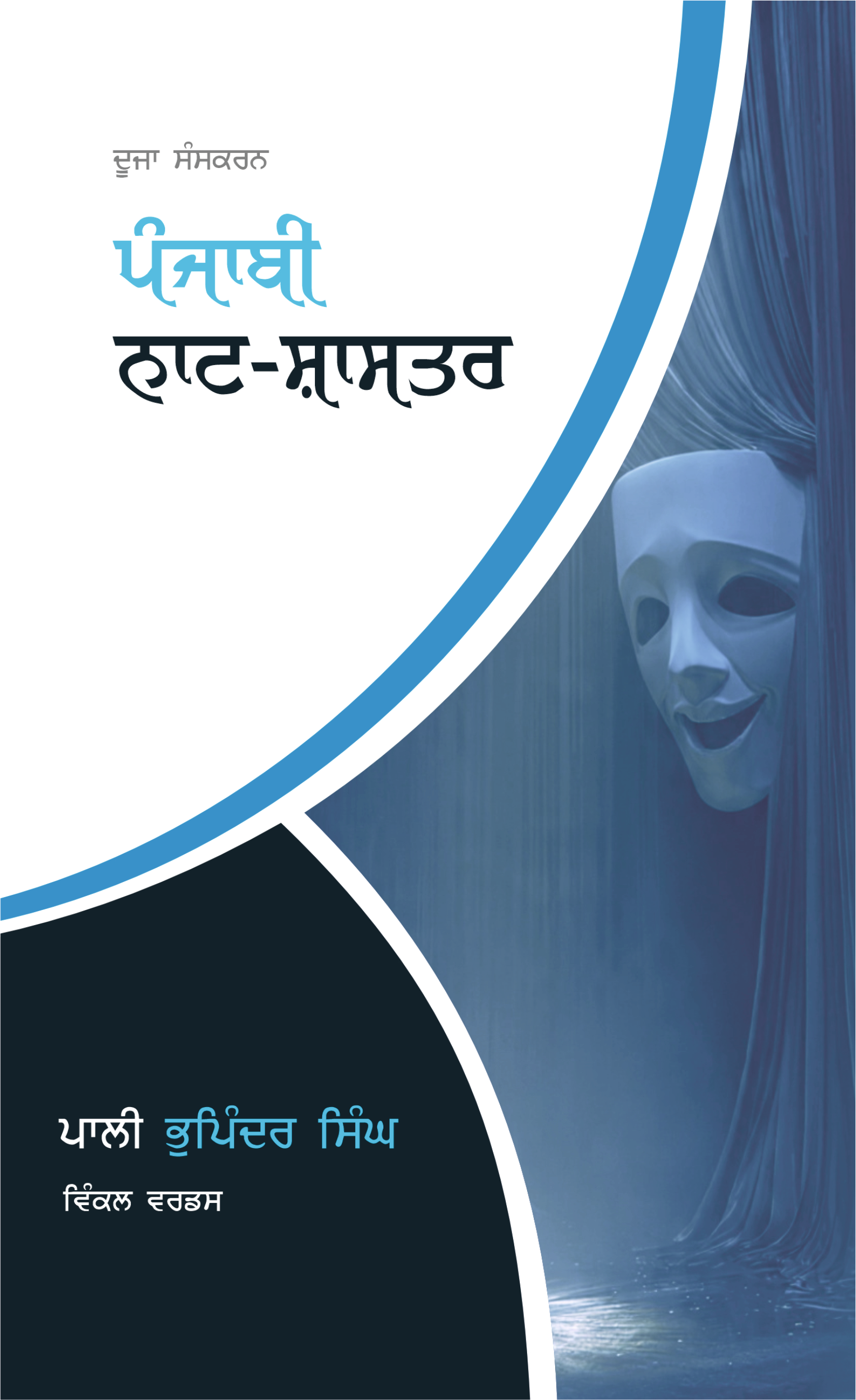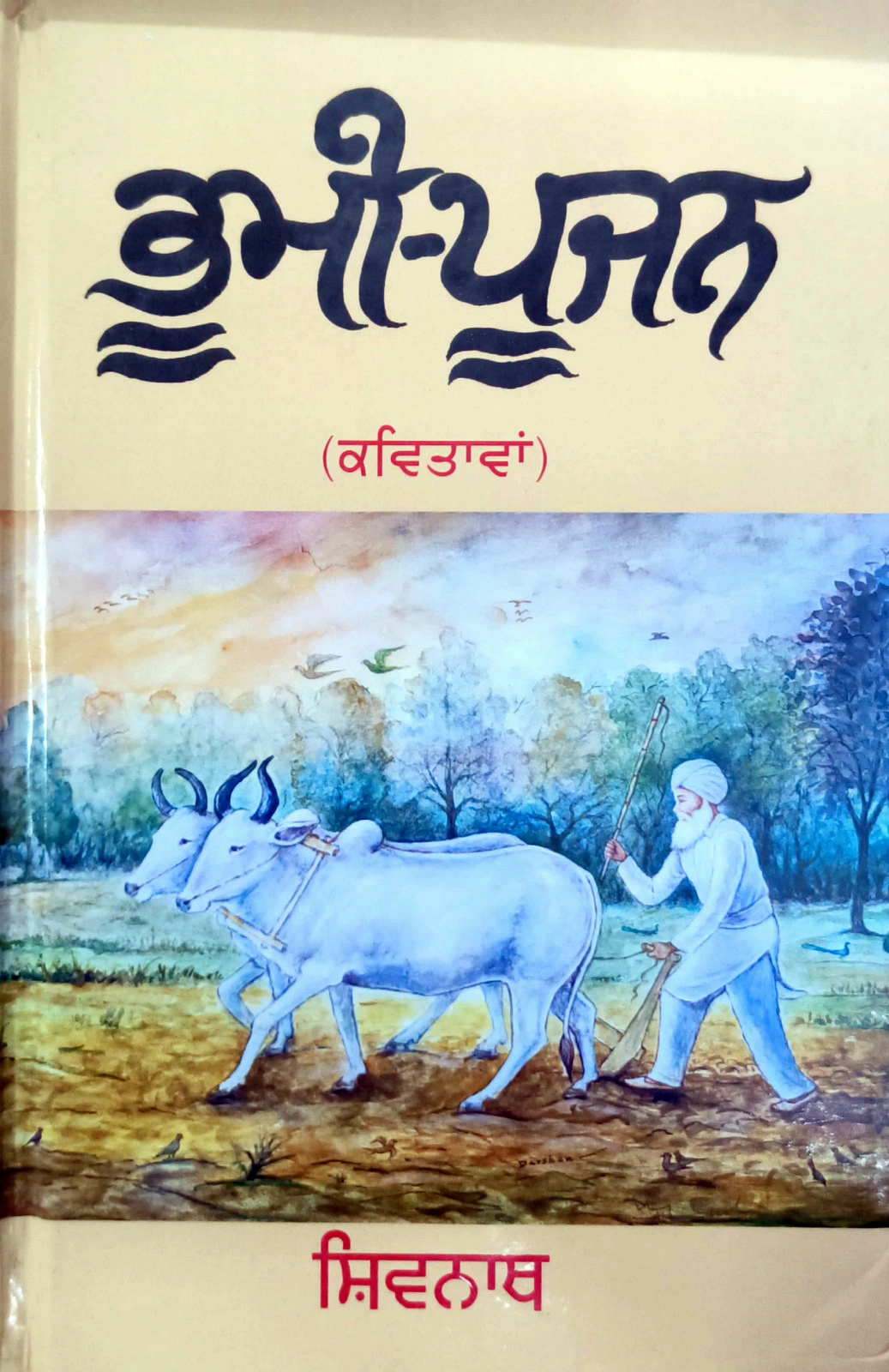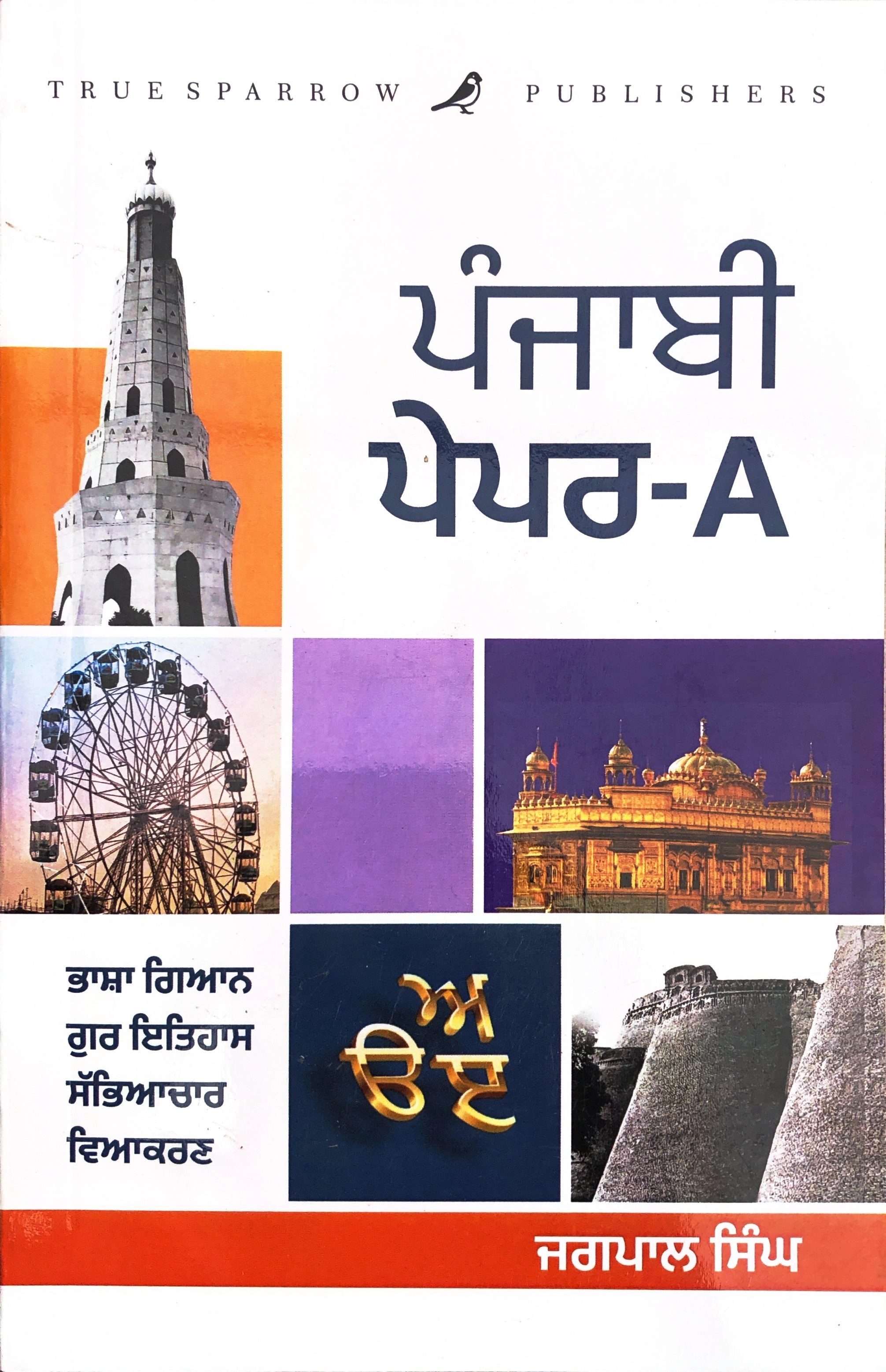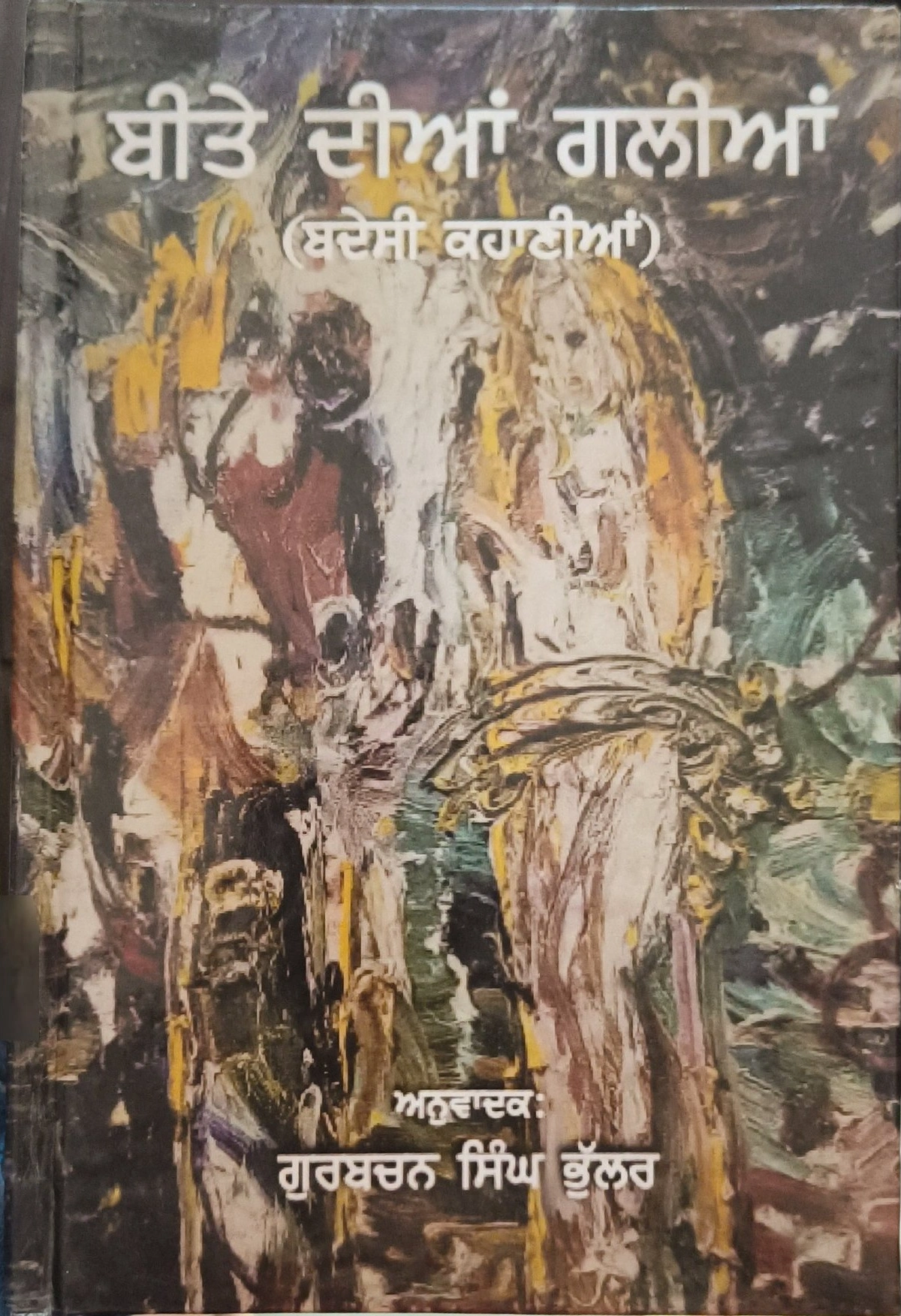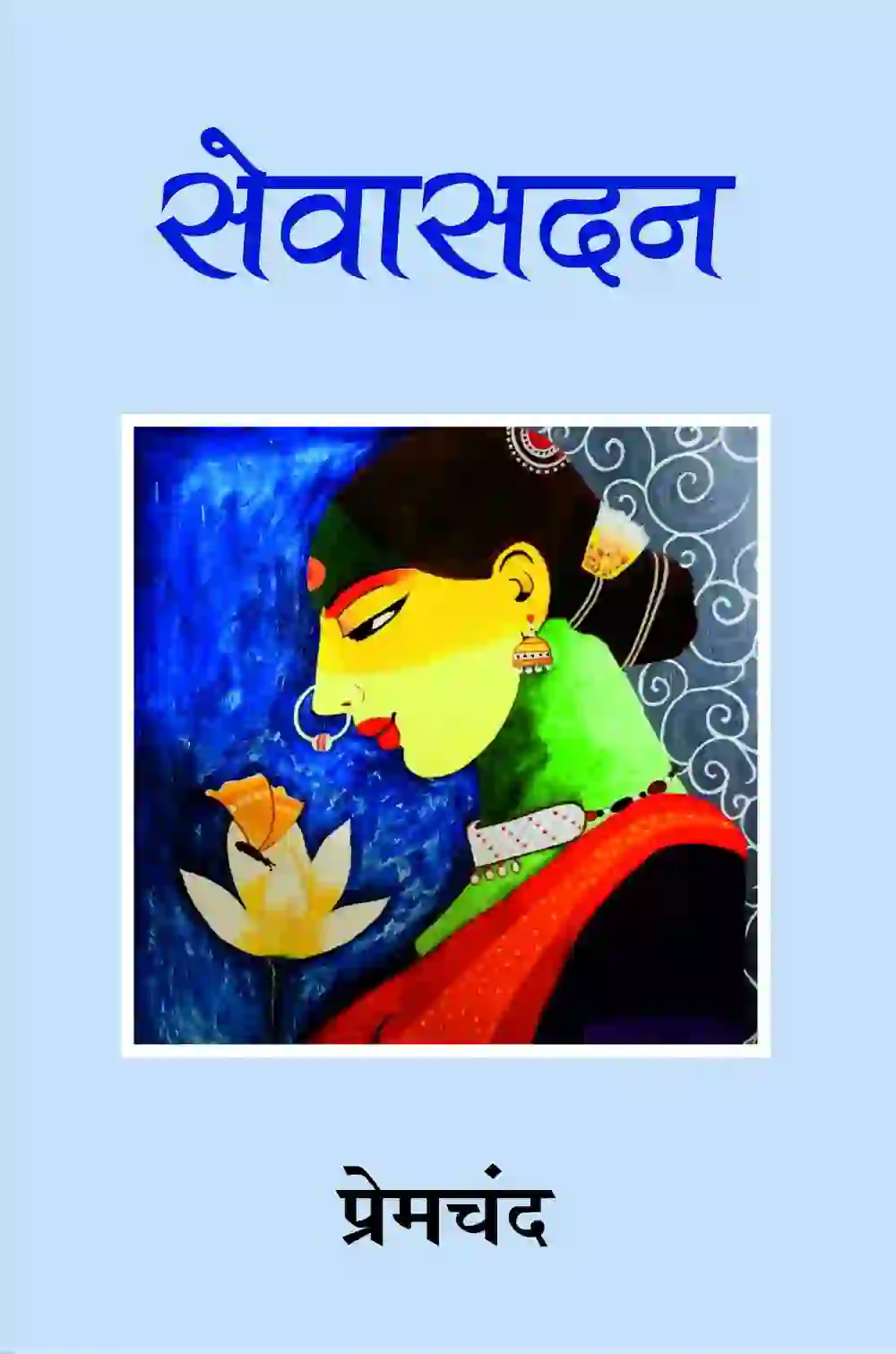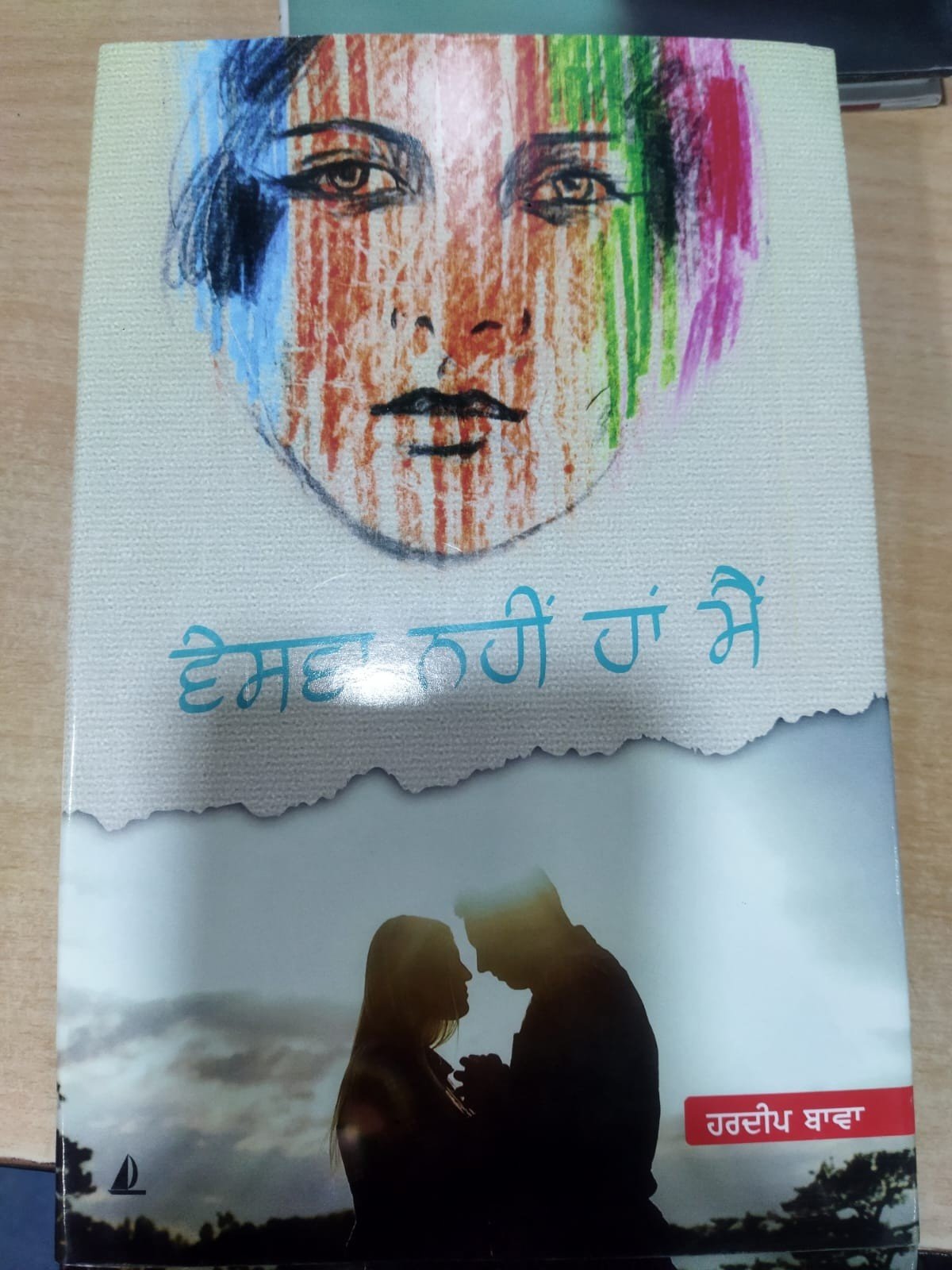-
Agriculture & Industry
-
Applied Arts
-
Biographical Writings
-
Career & Skill Development
-
Children Books
-
Computers & Information Technology
-
Myths, Culture & Folklore
-
Economy & Finance
-
Education & Exams
-
Fine Arts
-
General Knowledge & Reference
-
Health & Wellness
-
History
-
Language & Linguistic Studies
-
Law & Criminology
-
Literature & Literary Studies
-
Media & Journalism
-
Medical Sciences
-
Motivation & Self Help
-
Performing Arts
-
Philosophy & Ideology
-
Politics & Political Science
-
Public Administration
-
Religion & Spirituality
-
Science & Engineering
-
Society & Social Sciences
-
Sports, Travel & Hobbies
-
India: National & State Concerns
